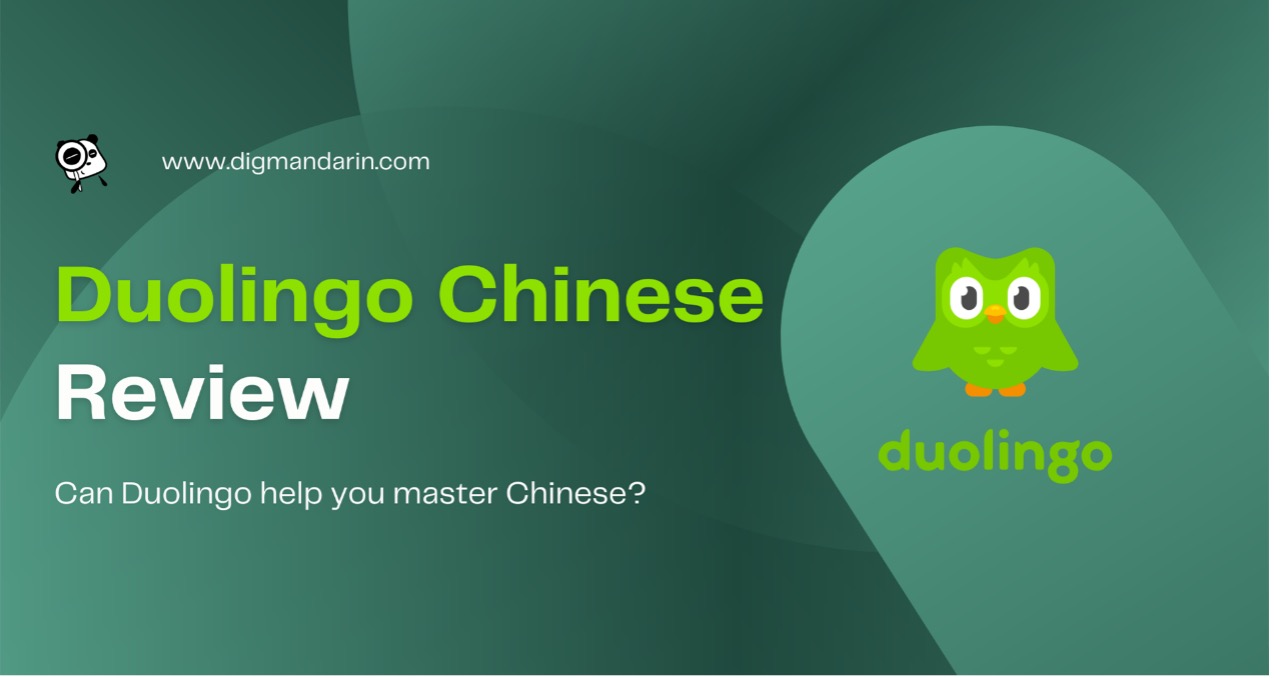In this edition: Chinese young people don’t want to marry anymore, the little mermaid and Chinese beauty standards, cycling in good old Wuhan, relaxation in Hongkong, high housing prices in China’s major cities and last but not least international (Chinese) marriage.
Young people, why don’t you marry anymore?
Mainland Chinese journalist 王志安 discusses that recently, there have been a lot of videos on the Chinese internet defending that you’re better off unmarried. According to data released by the Chinese Ministry of Civil Affairs, the number of registered marriages nationwide in 2022 was 6.83 million, the lowest value since statistics were available (1985). Compared with last year, the number dropped 10%. It’s hard for me to judge these statistics, but 6.83 million seems a staggeringly low number for such a populous country, right?
As always, 王志安 shares his analysis on this development and even offers some potential solutions. This is a complicated topic related to the dropping birth rate and the ‘lying flat‘ phenomenon that we covered in previous editions of Chinese Vocabulary Notes (#5, #12). I must admit that without subtitles it’s still hard for me to understand everything in full detail, but he has a great gift of explaining complex matters and put things into a broader context, be it historical or cultural. That’s why, even though I have to ‘cheat’ a bit by activating the English subtitles, I always enjoy 王志安’s video’s and learn something new.
Level indication: HSK 5 (with transcript)
结婚数字jiéhūn shùzìmarriage statistics下跌xiàdiéto fall失婚shīhūnto lose one’s spouse (through marriage failure or bereavement)结不起jié bù qǐ unable to afford marriage成本chéngběn costs不顺眼了bù shùnyǎnle not pleasing to the eye无比稳定wúbǐ wěndìngextremely stable养不好yǎng bù hǎoto not raise (a child) well (in this context: not be able to raise it well)
补贴bǔtiē to subsidize 非婚fēi hūn unmarried单身dānshēn single传宗接代chuánzōngjiēdàisuccession信心xìnxīnconfidence
Why the Chinese don’t like the Little Mermaid?
It seems the Chinese audience doesn’t like the new version of ‘The little mermaid’. Indeed, the musical fantasy film scores only a modest 5.1 on Douban. Chinese teacher Li Can explains it has something to do with Chinese beauty standards and 炒冷饭 (fried rice). Actually, it’s not just the Chinese audience, 小美人鱼’s appearance – as someone who knows Andersen’s tale and seen ‘den lille havfrue‘ in Copenhagen – doesn’t make much sense to me either.
Level indication: HSK 5 (with transcript)
小美人鱼xiǎo měirényúlittle mermaid上映shàngyìng to be released中文译名zhōngwén yìmíngChinese translation (of the movie title)审美价值shěnměi jiàzhíaesthetic value嘲讽cháofèng to ridicule脏辫zàng biàndreadlocks不够客观bùgòu kèguānnot objective enough必须符合自己的审美标准bìxū fúhé zìjǐ de shěnměi biāozhǔnmust conform to one’s own aesthetic standards炒冷饭chǎolěngfàn fried rice童年回忆tóngnián huíyìchildhood memory重制版chòng zhìbǎnremake
Cycling in Wuhan|Intermediate Chinese Listening Practice
Ah Wuhan! It will take a long time for most people on this planet to connect the name Wuhan to something else than the Covid-thing. But as we can see in Shenglan’s footage, things have sort of returned to normal, although people are still wearing medical masks, even in the hot and smoggy atmosphere of summer.
Level indication: HSK 4 (with transcript)
探索武汉tànsuǒ Wǔhànto explore Wuhan骑自行车qí zìxíngchēto cycle (probably not a new word, but tricky to pronounce) 标志性的建筑biāozhì xìng de jiànzhúiconic building很多不一样的元素融合在一起的hěnduō bù yīyàng de yuánsù rónghé zài yīqǐ de a fusion of many different elements浓厚nónghòu strong一台运动相机yī tái yùndòng xiàngjī an action camera隐藏起来yǐncáng qǐláito hide画面中huàmiàn zhōngon screen
Traveling in Hongkong with Julie
Julie tries to relax in Hongkong, but has to film the whole process, that must be so exhausting. She takes us to 南丫岛, a place where people go to find stress relief.
Level indication: HSK 4 (with English + Chinese subtitles)
陪姐妹逛街péi jiěmèi guàngjiēto go shopping with my friends安排了很多工作ānpáile hěnduō gōngzuòplanned a lot of work要开很多会 yào kāi hěnduō hui to have many meetings感受真正的气氛gǎnshòu zhēnzhèng de qìfēnfeel the real atmosphere缓解压力huǎnjiě yālì to relieve stress放松自己fàngsōng zìjǐ to relax oneself缓解压力的方式huǎnjiě yālì de fāngshìways to relieve stress码头mǎtóu pier南丫岛nán yā dǎoLamma Island
Chinese young people VS housing prices
Shanghai resident Kevin argues that nowadays buying property in China’s big cities is like a ‘city entry tax’. In order to get properly registered as a resident (落户口) and get access to local facilities (like schooling for children), you need to buy real estate. Since many people can’t afford to become the owner of their own four walls, raising children becomes a problem, because they wouldn’t be able to send them to school. So the point Kevin is making is that the high housing prices and the negative population growth in China are tied together. It’s not simply that young Chinese people are ‘lying flat’ (躺平) and refuse to have children. It has everything to do with economic and bureaucratic realities.
I normally don’t follow Kevin in Shanghai’s channel and haven’t seen his other video’s, but this one, discussing a hot social topic, I really enjoyed. He brings a subtle inside perspective. Please watch the video the get the full gist of his argument.
Level indication: HSK 5 (with Chinese subtitles)
生小孩shēng xiǎohái to give birth to a child打嘴炮dǎ zuǐ pàoto brag房子和教育资源是绑定的fángzi hé jiàoyù zīyuán shì bǎng dìng dehousing and educational resources are tied together落户口luò hùkǒuto get registered residence做妥协zuò tuǒxiéto compromise 税收shuìshōutax莫程度度上来讲mò chéngdù dù shànglái jiǎngto some extent / from a certain perspective进城税jìn chéng shuìcity entry tax
After 4 years in a relationship with a foreigner, what do we really think about international marriages?
Last but not least: Jared and Susu discuss the up- and downsides of cross-cultural relationships, based on their experience of being 4 years together. Communication in either Chinese or English doesn’t seem a problem for them, including on a emotional level. Good honest video, yet too short to discuss other interesting aspects like different cultural values, world views and ways to resolve conflicts. Since I’m also in a 跨国婚恋, I can relate to the things discussed here and appreciate their openness. Also on the topic of 语言学习. In my experience, this depends on the relationship. Not every partner is also a good teacher. Nor does it always work to switch the lingua franca (English for example) to the target language (Chinese), if you’re both used to speaking English. It can be done, for sure, but it takes great effort of will on both sides.
Level indication: HSK 4 (with English + Chinese subtitles)
沟通gōutōng to communicate异国CPyìguó CPlit. foreign & exotic couples我们生活中基本上都是用中文来沟通的wǒmen shēnghuó zhōng jīběn shàng dū shì yòng zhōngwén lái gōutōng dewe basically communicate in Chinese in our daily life没有办法进行灵魂层次上的交流méiyǒu bànfǎ jìnxíng línghún céngcì shàng de jiāoliú there is no way to communicate on a soul level局限在júxiàn zàilimited to跨国情侣kuàguó qínglǚinternational / transnational couple跨国婚恋kuàguó hūnliàninternational / transnational marriage饮食文化yǐnshí wénhuàfood culture和家人的距离hé jiārén de jùlídistance from family语言学习yǔyán xuéxílanguage learning离谱lípǔoutrageous, something that goes too far
That’s it for June. I’m going to take a break from this format (Chinese Vocabulary Notes) for the summer and invest my time in writing some articles that are waiting to be finished. Enjoy the summer and see you back soon!
Disclosure: These are affiliate links. They help me to support this blog, meaning, at no additional cost to you, I will earn a small commission if you click through and make a purchase.


